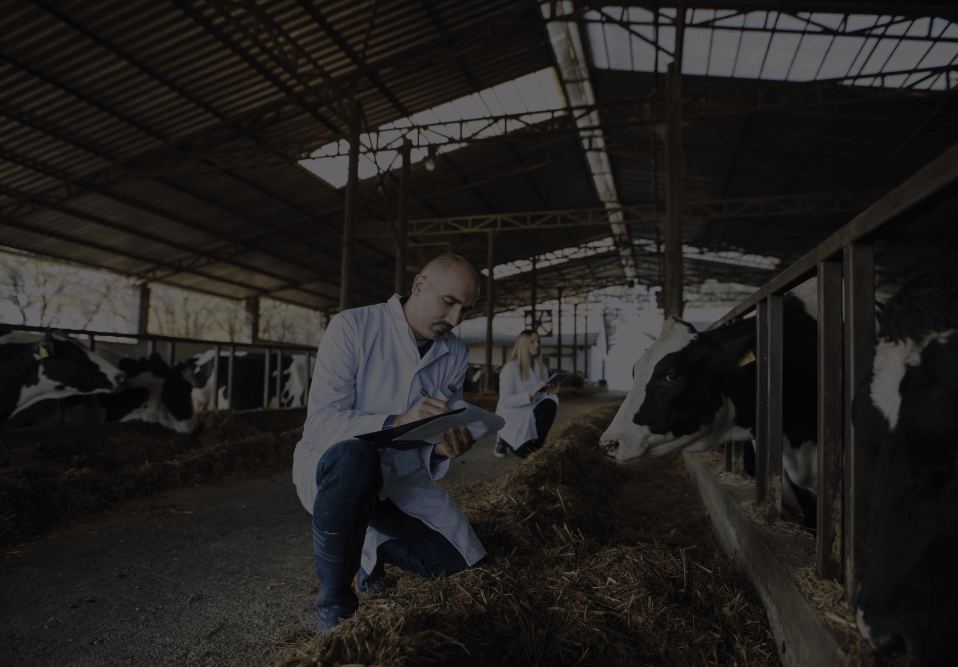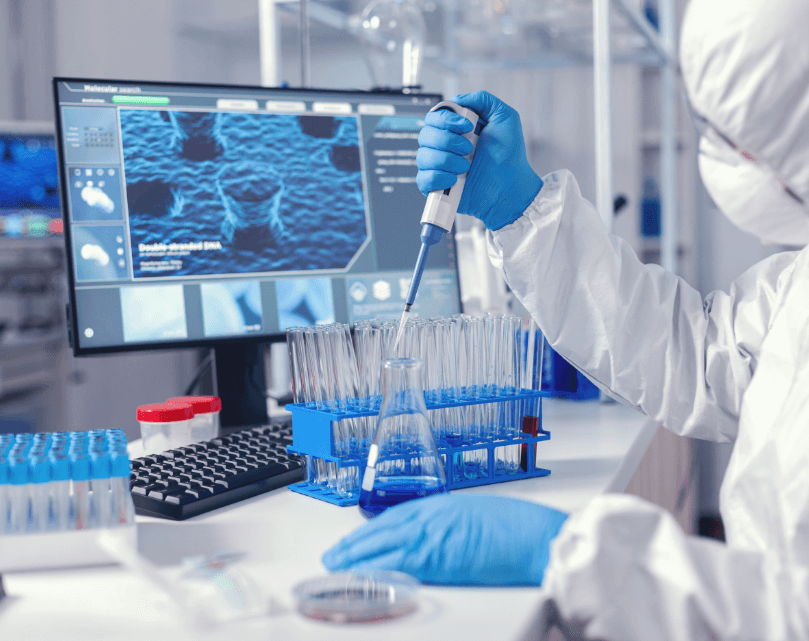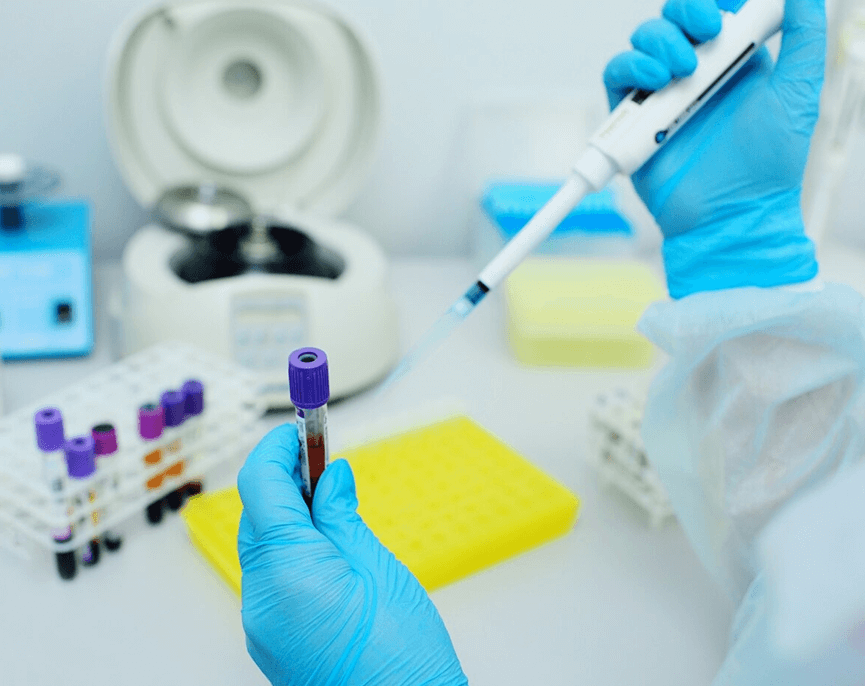Microbiology
Microbiology is the branch of science that focuses on the study of microorganisms, including bacteria, viruses, fungi, algae, and protozoa. It examines the structure, function, growth, and interactions of these tiny organisms, many of
which are invisible to the naked eye. Microbiology plays a key role in understanding infectious diseases, as many microbes are pathogens responsible for illnesses. However, microbes also have beneficial roles, such as in digestion,
fermentation, and bioremediation. Microbiologists study their behavior in various environments, from human bodies to extreme habitats, contributing to fields like medicine, biotechnology, agriculture, and environmental science.


 DIAGNOSTICS
DIAGNOSTICS
 RESEARCH
RESEARCH
 MAIL
MAIL








